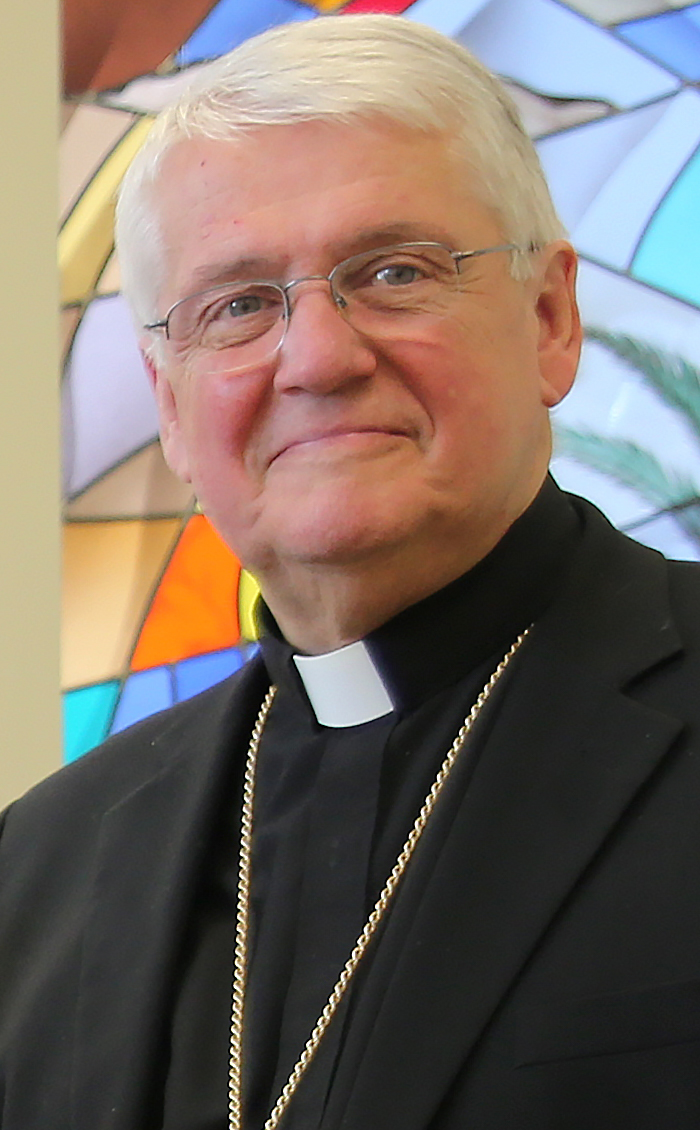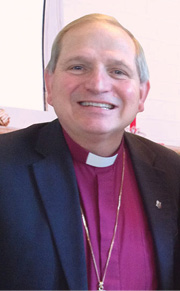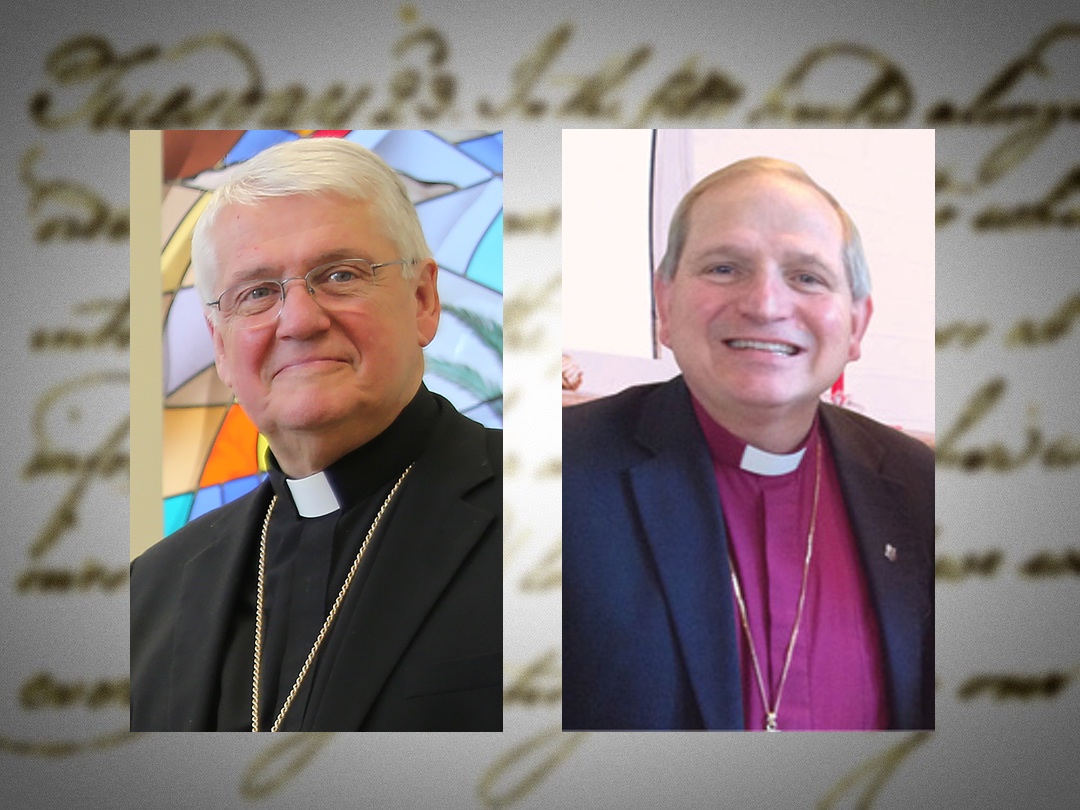Editor’s note:
Although the article (published as an op-ed in the Hamilton Spectator) by Bishops Douglas Crosby and Michael Bird was addressed to the city of Hamilton, their central message of a living wage for everyone is applicable throughout the Province of Ontario and elsewhere.
According to the Ontario Living Wage Network, “Living wage is different than the provincially mandated minimum wage. Instead, it is based on a calculation that draws on community-specific data to determine actual expenses that a family of two working parents raising two children face. Living wage employers voluntarily decide that it’s the right thing to do.”
In addition, upholds the Network, “The living wage is the hourly pay required to cover basic expenses such as food, clothing, shelter and transportation. It’s a wage that allows employees not just to subsist but, also, to have access to the type of things that make for a decent quality of life: the ability for a family to participate in the community, to be healthy and active social citizens.”
Calculations are done municipality by municipality to reflect real local living costs and the hourly wage required to meet those basic costs.
Niagara Diocese is striving to ensure living wages are paid to all employed in their various ministries.
For listings by regions, living wage employers and more information visit www.ontariolivingwage.ca

“Money isn’t the bottom line for everything; people are the bottom line for everything,” said a participant at the recent Social Audit conducted in Hamilton.
We couldn’t agree more. As a society we are called to care for the dignity and wellbeing of all our citizens. Yet more than 29,000 Hamiltonians go to work, but do not earn enough at their jobs to move out of poverty.
This reality must spur us to action. At a time when many seek to sow division and discord, paying living wages is an act of justice and inclusion.
As bishops we have had the privilege of hearing many stories from Hamiltonians and it’s abundantly clear that no one chooses to live in poverty.
Five years ago, a coalition of community partners, including the Hamilton Roundtable for Poverty Reduction and the Social Planning and Research Council of Hamilton, launched the Living Wage Hamilton initiative to encourage local employers—including the municipal government—to end working poverty in the city. Our diocesan offices are rooted in Hamilton and since that time we have sought to meet or exceed the current living wage rate of $15.85/hr for all our staff. We believe that providing employees with living wages is important, for it speaks to our belief that God has provided enough for all if we truly embrace the call to equitably share these resources.

Establishing living wages holds the promise to transform the lives of so many in our province, providing a decent quality of life with opportunities to fully participate in our society through recreation, culture and entertainment. If we implement a fair minimum wage in Ontario the very fabric of our society would be transformed for the better.
Of course many will argue their budgets simply won’t allow for this practice to be implemented. We understand the challenges to make ends meet. But such challenges do not absolve us of our responsibility and we must be steadfast in moving towards the vision of a society where all have enough.
We, along with over 30 organizations in this city, have recognized that we have a moral responsibility to guarantee that all of our employees receive a wage that lifts them above the poverty line.
Paid employment, after all, should be a pathway out of poverty.
Drawing on a deep commitment to the people of this community, our encouragement is two-fold:
first, we echo the call of the recent Social Audit report and urge the City of Hamilton to pay all of its employees a living wage as part of the 2017 city budget. Paying a living wage would enhance the City’s noble aspiration to be the best place to raise a child and age successfully;
and second, that local business leaders embrace their moral responsibility to the 29,000 people in Hamilton who work but don’t earn enough to be freed from a life of poverty.
Together we can unbind those held captive by poverty, bringing release to those who are marginalized by low wages. All Hamiltonians, and indeed all people, should have an adequate standard of living, with proper housing, food security and good jobs.
We firmly believe that when living wages are paid, human dignity is enhanced, communities are healthier and everybody can better share in the abundance of this incredible city.
Bishop Douglas Crosby is Bishop of the Roman Catholic Diocese of Hamilton.
Bishop Michael Bird is Bishop of the Anglican Diocese of Niagara.

Resurrection of Hope in Thundering Waters